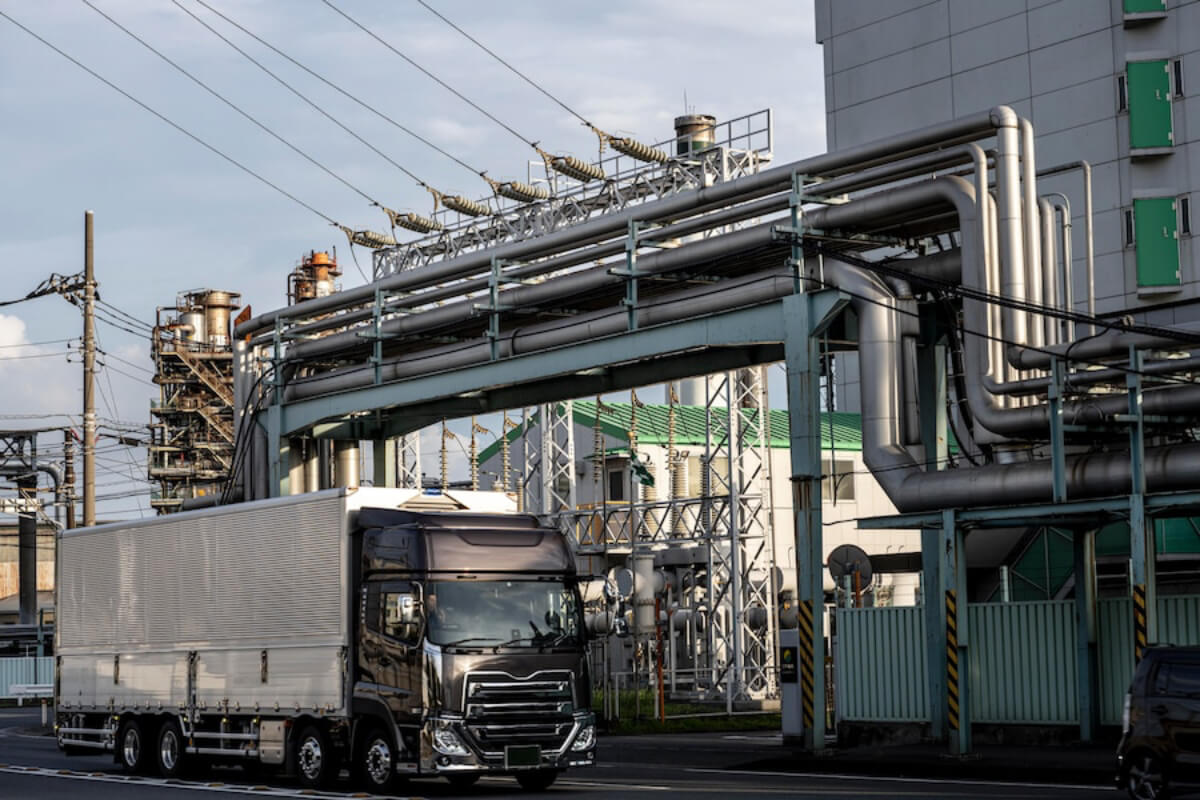Trailers used in factories are called "plant trailers" and can be used to transport everything from machines to raw materials. They provide convenient and risk-free access to all areas of a manufacturing facility. You can use either manual or electrical power to run them.
These plant trailers, which are pulled by hand, are suitable for lighter loads. Powered plant trailers are used to transport heavier machinery and bigger cargo. Ergonomic dangers are reduced when plant trailers are used.
Trailers for plants are a cost-effective and common addition to freight trains, tractors, and other types of distribution transport. Its flexibility in responding to shifts in production volumes or product lines is what sets it apart. Transport systems are being phased out in favor of plant trailers because of their increased adaptability and lower cost.
To meet the increasing demands of industry, switching to machinery trailers is the best option. Although trailers in a plant may all seem the same at first glance, there are many subtle distinctions between them, and each trailer has a unique function inside the plant.
Some of the Most Important Factors to Think About When Buying a Trailer for a Plant in Australia are:
- Loads To Be CarriedTransporting heavy objects is a primary function of plant trailers. Deliveries can range in size, shape, and mass. So, it's crucial to pick plant trailers that can handle the plant's unique load requirements.You can figure out if a certain plant trailer in Australia will be able to accommodate your load by comparing the trailer's deck measurements and the dimensions of your cargo. The load's center of gravity (CG) should also be in harmony with the CG of the vehicle.The weight, number of units, and nature of the commodities or materials to be transported should all be taken into account when settling on a suitable plant trailer.
- The Design Of The Plant TrailerTrailers used in plants are built with cutting-edge technology and are equipped with steering systems to help drivers maneuver their cargo to its final destination. The plant trailer's build includes features like gear, adjustable controls, an ergonomic grip, a wheel system, steering technology's performance efficiency, and more.In addition, there are issues of pulling power and stability to consider. Trailers in Australia come in a variety of styles. This category comprises trailers made of caster Steel, fifth-wheel steer trailers, four-wheel steer trailers, automatic trailers, and trailers that can be modified to suit a specific need.
- Monitoring SystemThe trailers' maneuverability, especially their ability to turn and follow a path, is also crucial. The user should be able to monitor the location of the trailer as it travels throughout the factory thanks to a good trailer system.The ability to transport complex cargoes from one location to another requires a high level of tracking accuracy. In this case, the answer is conditional on the trailer's length and the vehicle's pulling capacity.
- StabilityIt is of the highest importance to guarantee the secure movement of equipment and supplies around the plant premises. To accomplish this, the machinery trailer must be extremely stable and strong enough to hold the materials without them toppling over. Because of this, the trailer's general design must be carefully considered to ensure that materials and machinery may be transported without any accidents.
- Trailer DesignTransporters for plants can be purchased in a number of materials, including steel and aluminum. There are situations in which each may be more or less suited for carrying plants due to their characteristics.The high strength and rigidity of steel trailers, for instance, make them perfect for use in transporting large plants. When a lighter-than-steel trailer is sought, aluminum is a great choice.There are several variations of trailers designed specifically for plants, making it difficult to zero in on the one that would serve your needs best. Think about getting advice from an expert if you're having trouble narrowing down your choices.
- Trailer DimensionsPlant trailers must have a range of body lengths and widths to transport a wide range of machinery. Be sure your plant machinery will fit into the trailer before you buy it.Take careful measurements of the deck and total dimensions of each piece of equipment to figure out what size trailer will be required for travel.







Follow us